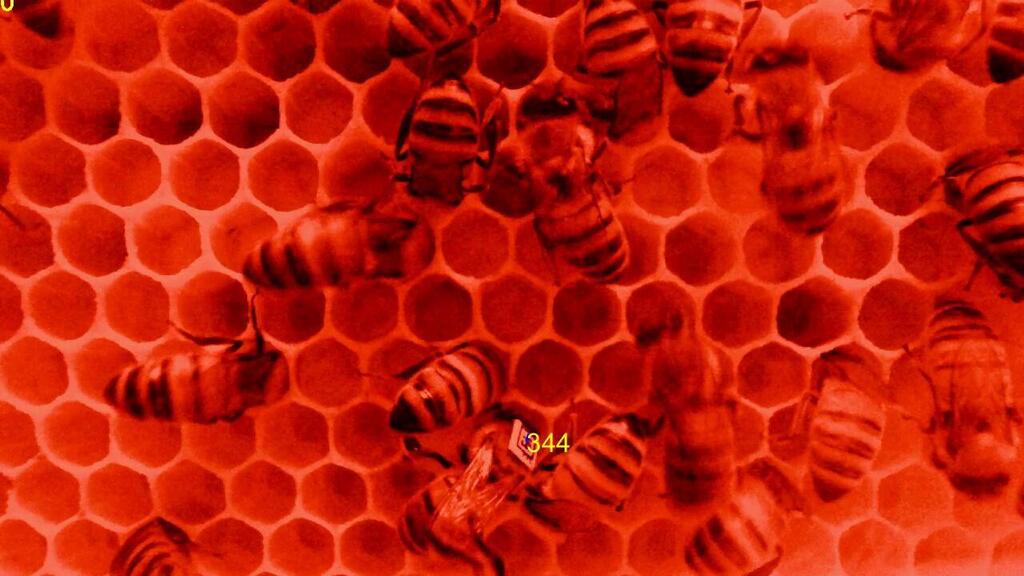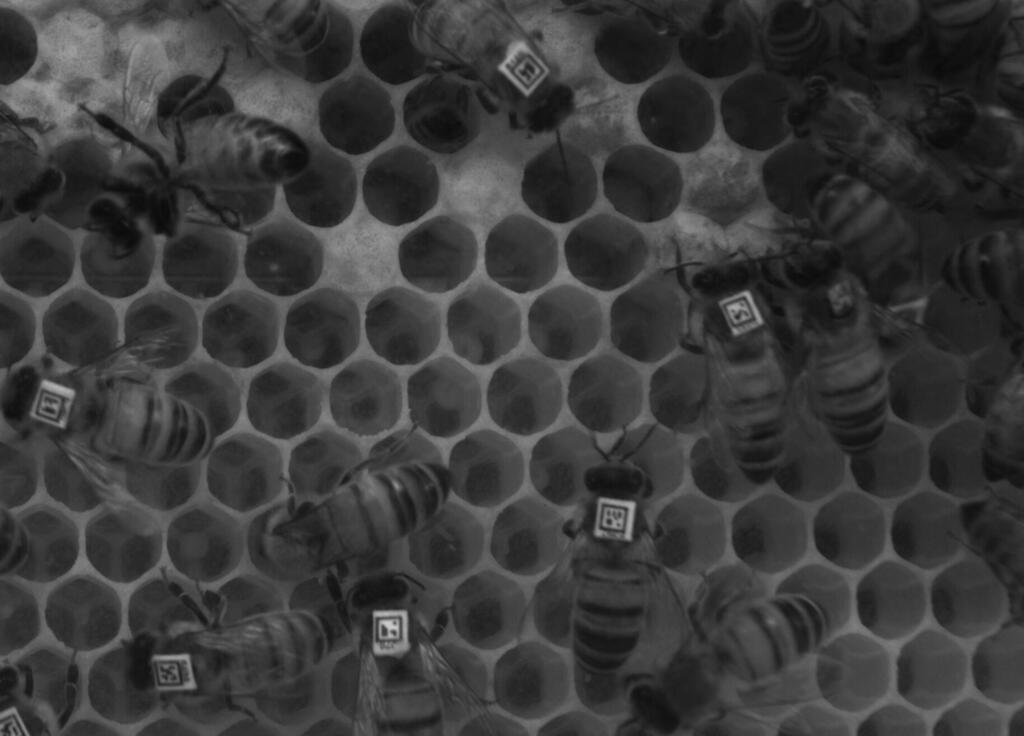Getting your Trinity Audio player ready...
Honey bees, crucial to our ecosystems and agriculture, are responsible for pollinating nearly one-third of the food we consume. Alarmingly, scientists and farmers are increasingly concerned about the global decline in bee populations, often attributed to factors like pesticide use, climate change, and diseases. However, a new study highlights another critical factor: the role of nutrition in bee health.
Conducted at the Hebrew University by Prof. Sharoni Shafir, Danny Minahan and Maya Goren from the Robert H. Smith Faculty of Agriculture, Food and Environment, the research underscores the impact of a balanced diet on honey bees' ability to care for their young.
Published in the journal Animal Behavior, the study found that an imbalanced diet, particularly high in omega-6 fatty acids relative to omega-3s, significantly disrupts the bees' caregiving behavior.
In the experiment, one-day-old bees were fed various diets over seven days, released into a tracking hive marked with barcodes, and filmed continuously for six days. Analysis revealed that bees on an imbalanced diet exhibited delayed caregiving behaviors, visited the brood less frequently, and altered care for larvae of different ages, underscoring the role of a balanced diet in maintaining a healthy bee colony.
"Our findings highlight the urgent need to preserve diverse and nutritionally balanced food sources for honey bees," said Prof. Shafir. "In this era of intensive farming and climate change, we must ensure that honey bees and other pollinators have access to a wide variety of pollen sources. This issue transcends bee health; it directly impacts global food security and biodiversity preservation."
The study calls for a holistic approach to honey bee conservation, integrating nutritional considerations with broader efforts to protect these vital pollinators.



